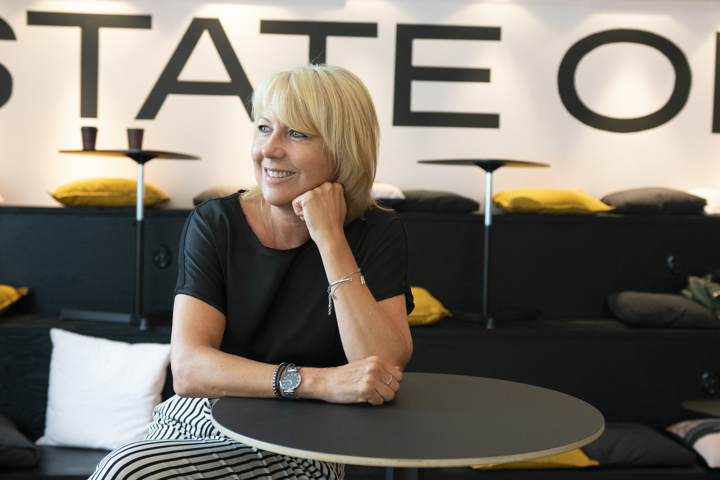
Return on education: Learn how to learn - before it's too late
10 December 2019
Guest Columnist Camilla Wallander, CEO, Berghs School of Communication
With technology driving changes in all aspects of working life, our ability to learn, and when needed, unlearn old truths, have become our foremost strategic competence in order to succeed and prosper – both as individuals and companies. There is just one problem – most of us are not used to viewing education as a strategic tool for business success, and therefore lack the roadmap needed to get return on our educational investments. That’s the bad news. The good news? A great opportunity to get ahead of your competitors by jumpstarting your learnability competences and making sure that you future proof your organisation.
What’s the fastest, and not least, most cost effective way to acquire new competences that we need going forward? Should we bring in new people with the right skills, or up skill our current staff that knows our company culture? That’s one of the most frequent questions I get when I sit in panels. There isn’t a given answer, there are just too many parameters involved. But thinking through your long-term goals and not just automatically go for one option, is an important part of accelerating Return on Education (ROE) in your organisation.
So, what’s the big secret when it comes to learnability? Just this summer I was invited to the Cannes Lions Educational Summit to address that very question. Traditionally, we have looked to higher education and the academic institutions for the keys to success. Today, higher education is struggling to find the ground for its future foundation.
From knowledge to know-how
The era of one education that will last you a lifetime has passed. And when the concept of learning has changed from knowledge to know-how, and from being able to research the past to reshape the future, new learning structures are needed. Still, however we turn, education – in order to really add value – has to be viewed in its full complexity. It is a chain of interconnected concepts – not an event.
That also means that education needs to be utilised as a strategic process, and not as a reward or a one-off. Like any other investment, you need to set goals and of course, make room for the learning itself where new skills can be mastered. But as importantly, you need to think through the actionplan so that new skills will be integrated in the everyday business.
Learning experience
In your company, you will have to review your key behaviour indicators to drive change so you both learn new skills, and make sure people use them. Adapting new behaviour might be rewarded in the paycheck, but it might just as well be other affirmations and ways to show that management cares about the implementation just as much as the isolated learning.
I strongly believe that all companies need to design their own learning system or learning experience (LX). Today we help many of our clients not only to improve their specific skills in communication, but also to view themselves as educators. To get up to speed with your own LX, ask yourself; what generates learning, should we use different formats for different learnings, what’s the optimal mix between online and on-site learning, internal resources or external competence, what kind of challenge or case do we use to drive engagement, and how can we accelerate the highly sought after “soft skills” such as collaboration, communication and creativity?
To sum up and get back to the big secret; for me it’s about the difference when learning is just added, and not truly built in. I believe that the future belongs to those of us that have the insights, motivation and tools to make continuous learning an immersive experience. And we even have a new quotient to inspire us to make that effort: LQ, or Learnability Quotient. It reflects your ability to adapt your work life. And for me, when recruiting new managers to my team, the first question will be: What is your personal learning strategy?
Meet Camilla Wallander at the SCC’s upcoming Business Breakfast on 30 January, when she will elaborate on building learning experiences. Register your interest at scc.org.uk.
Join our mailing list
and keep up-to-date with the Chamber's news and events.
Read our Privacy Policy here